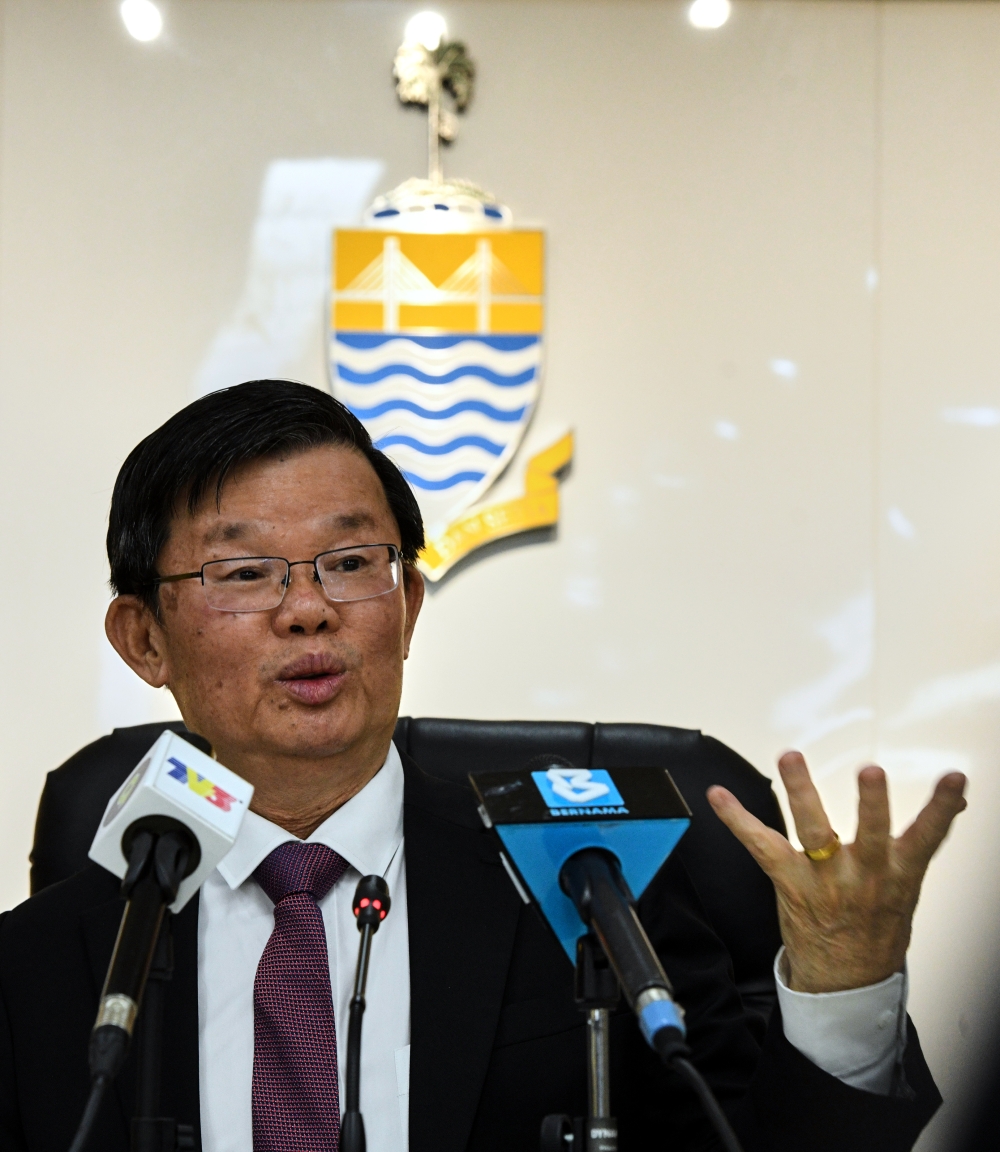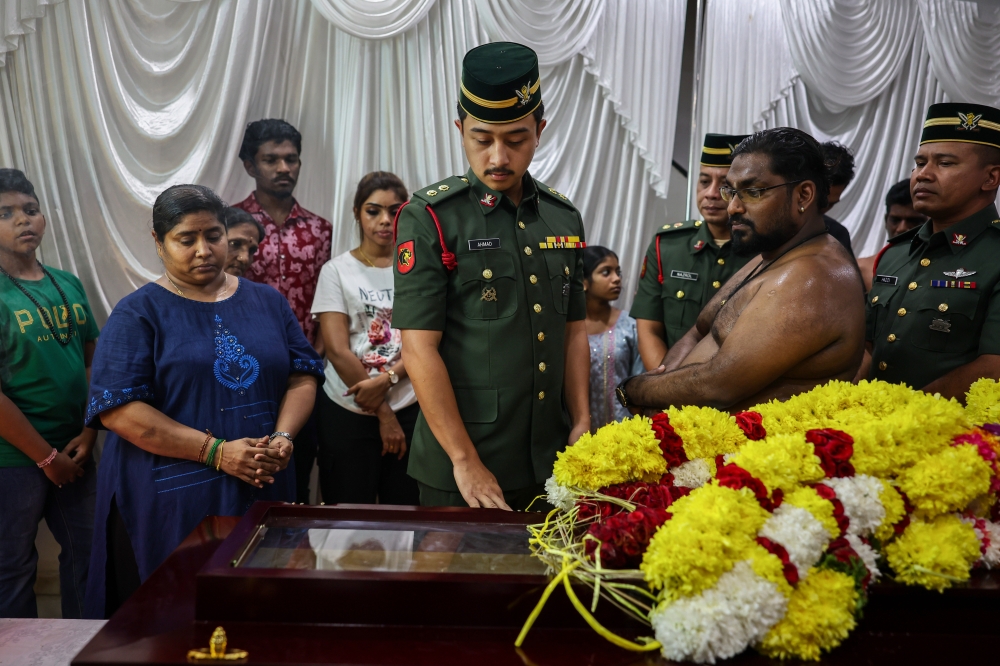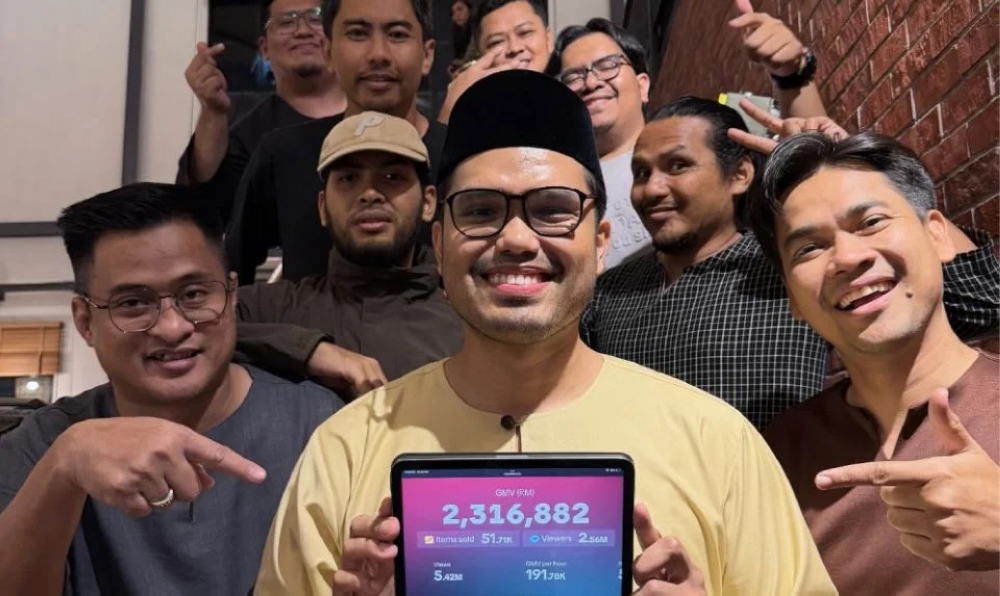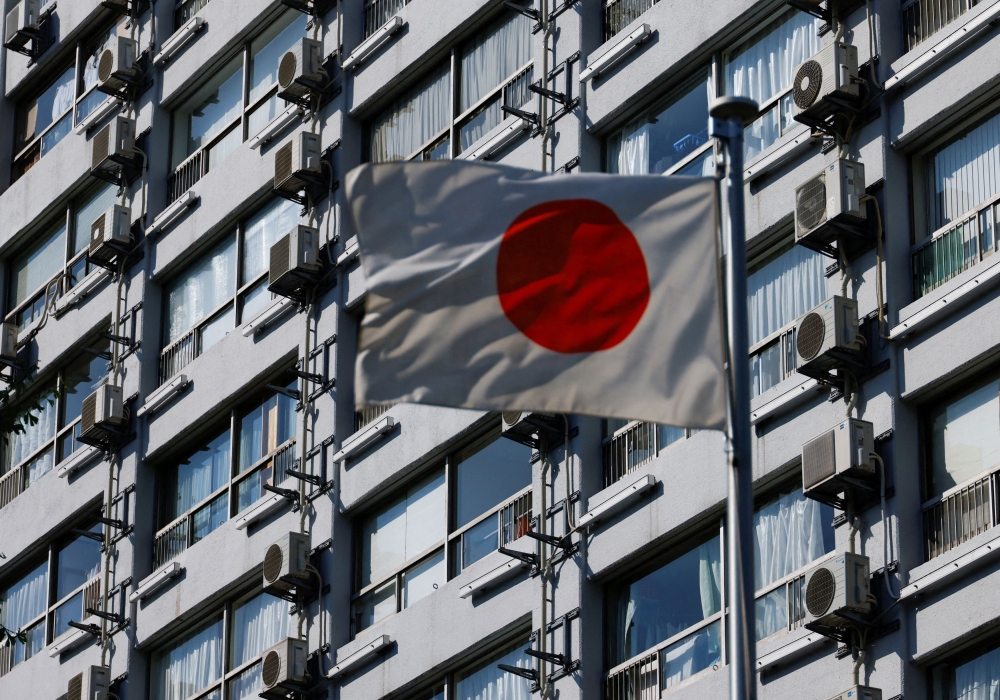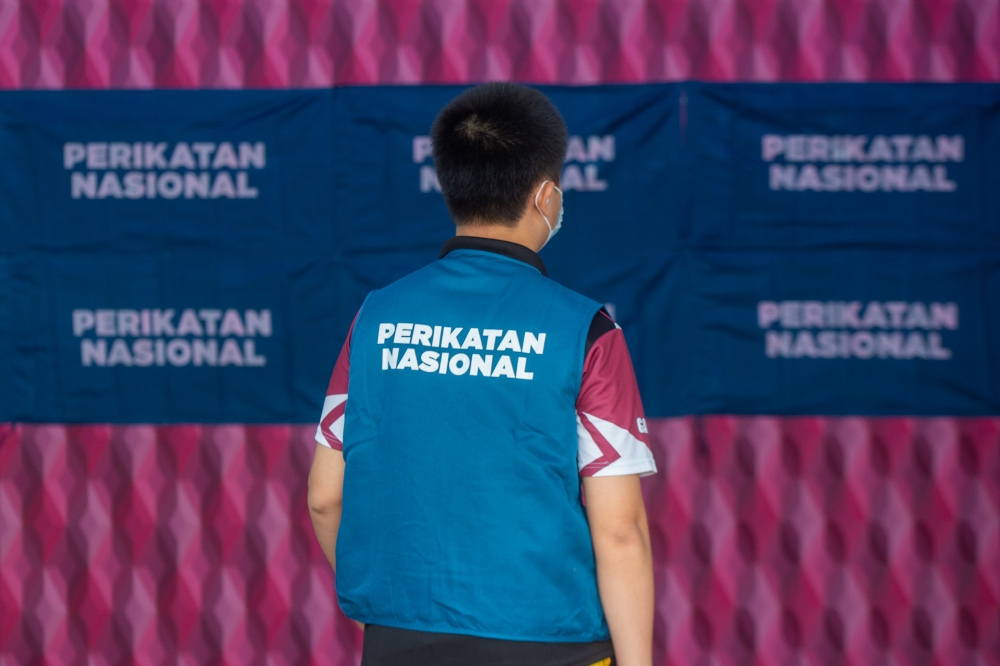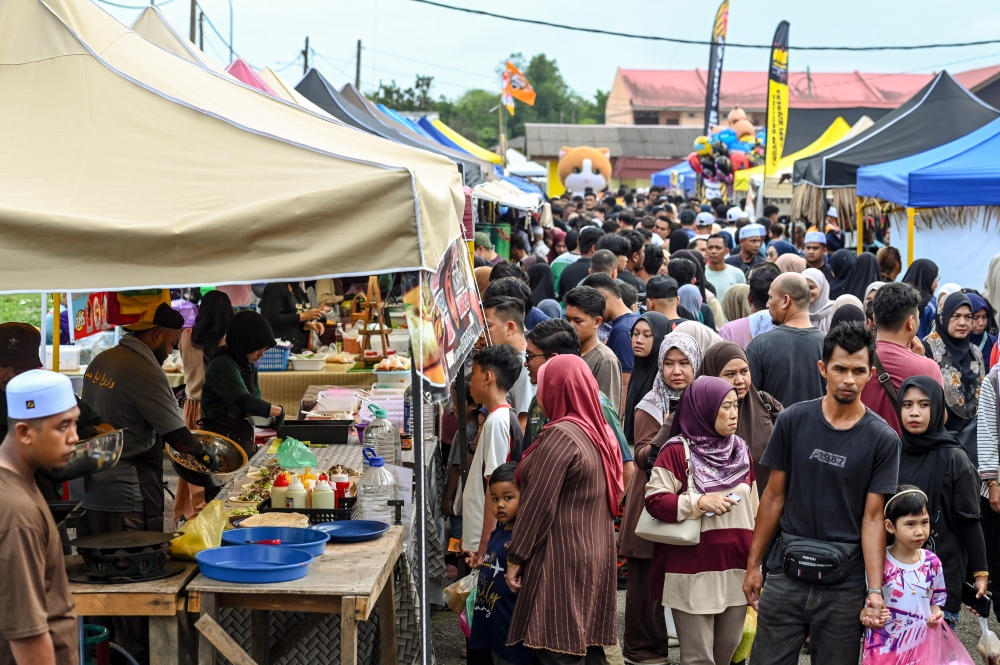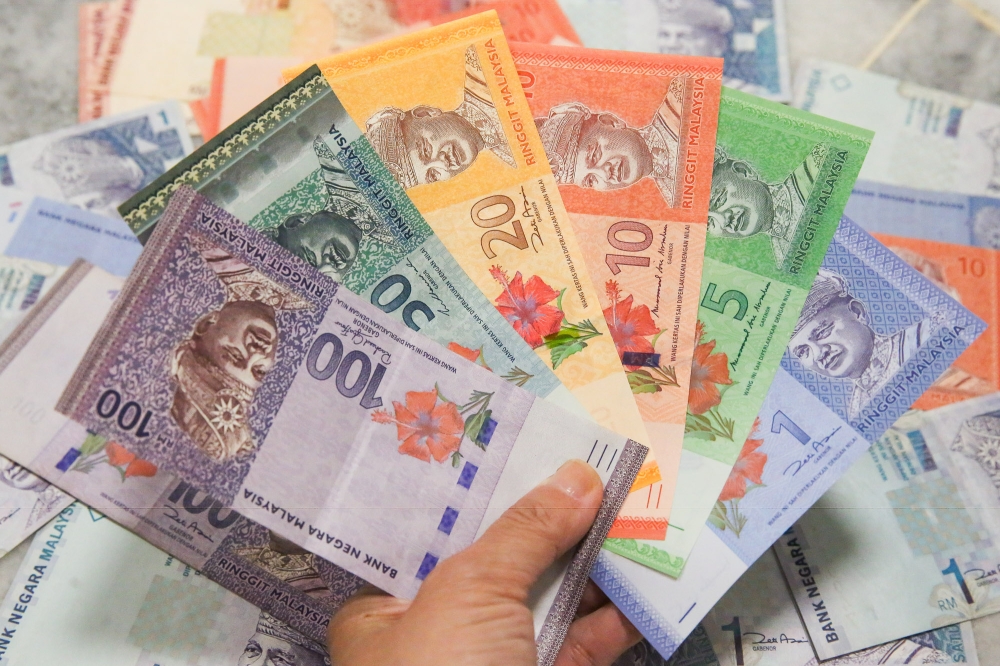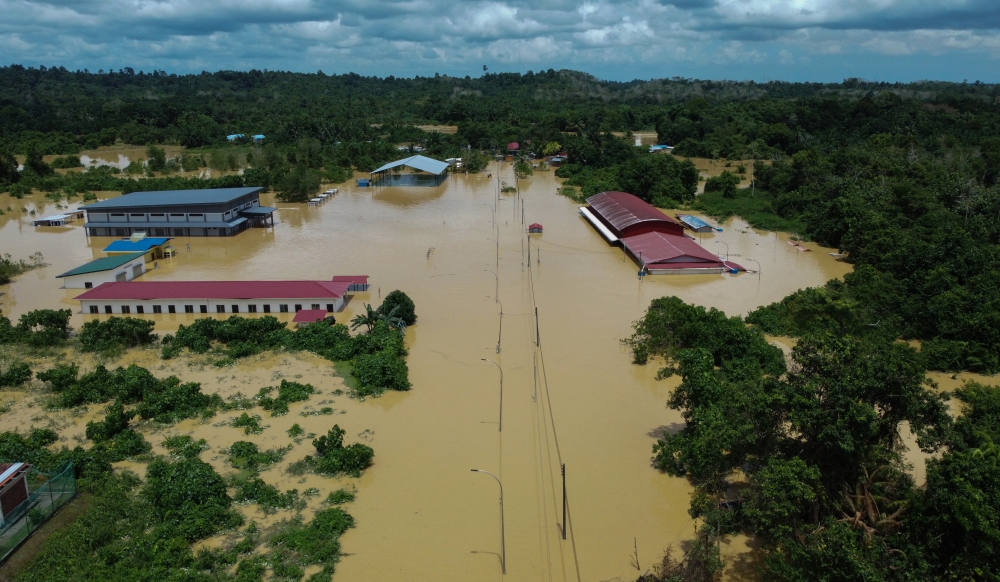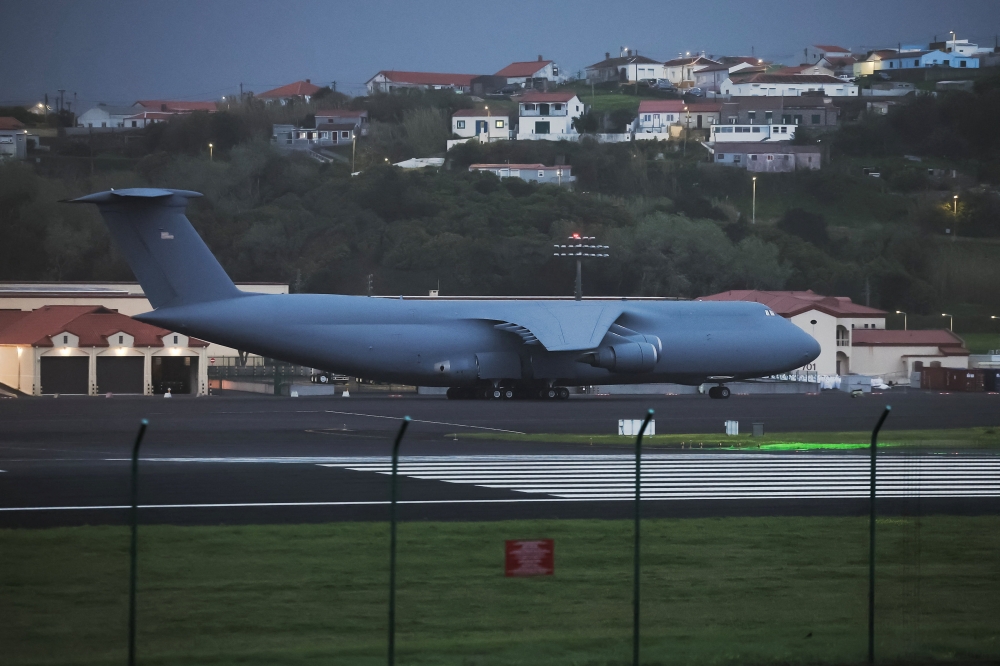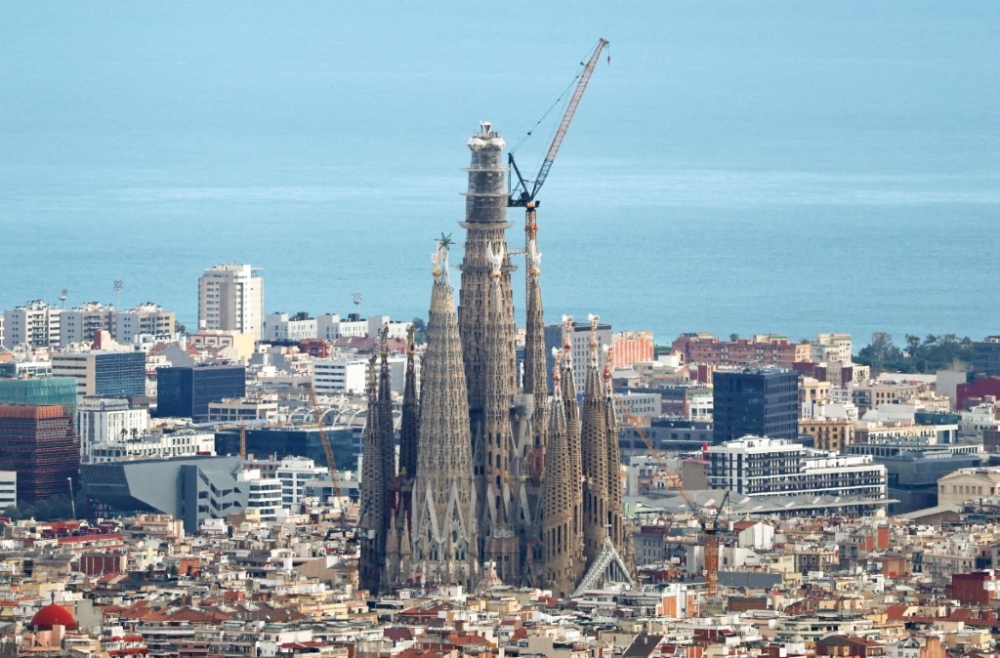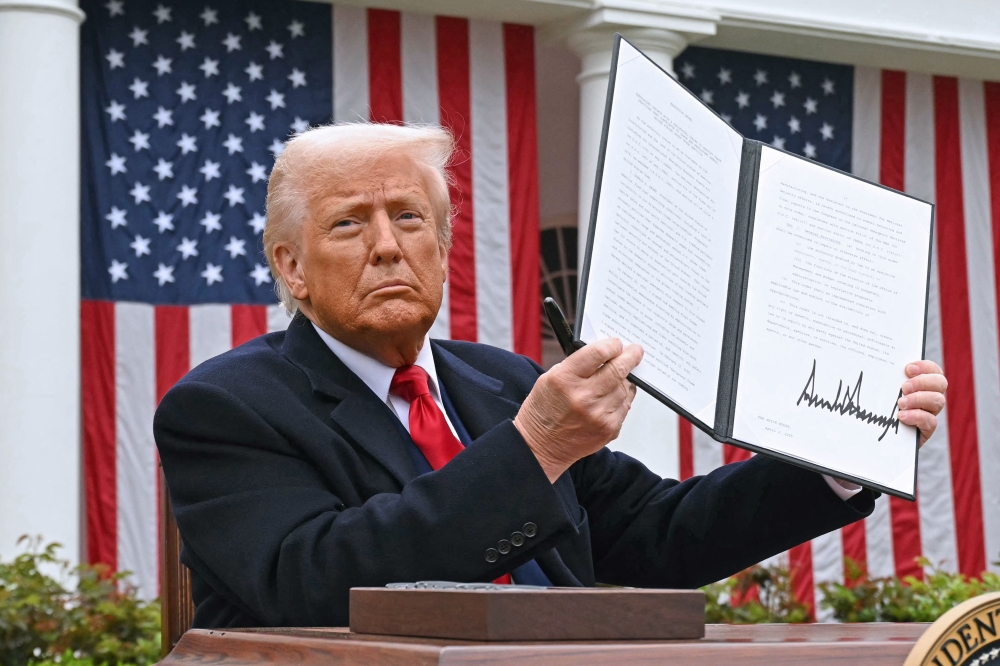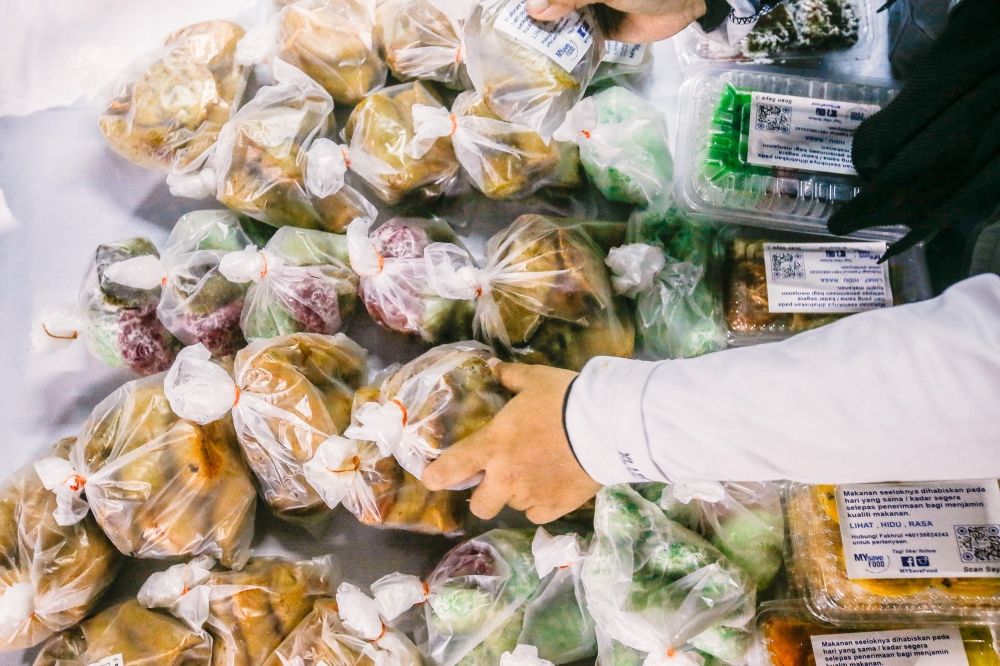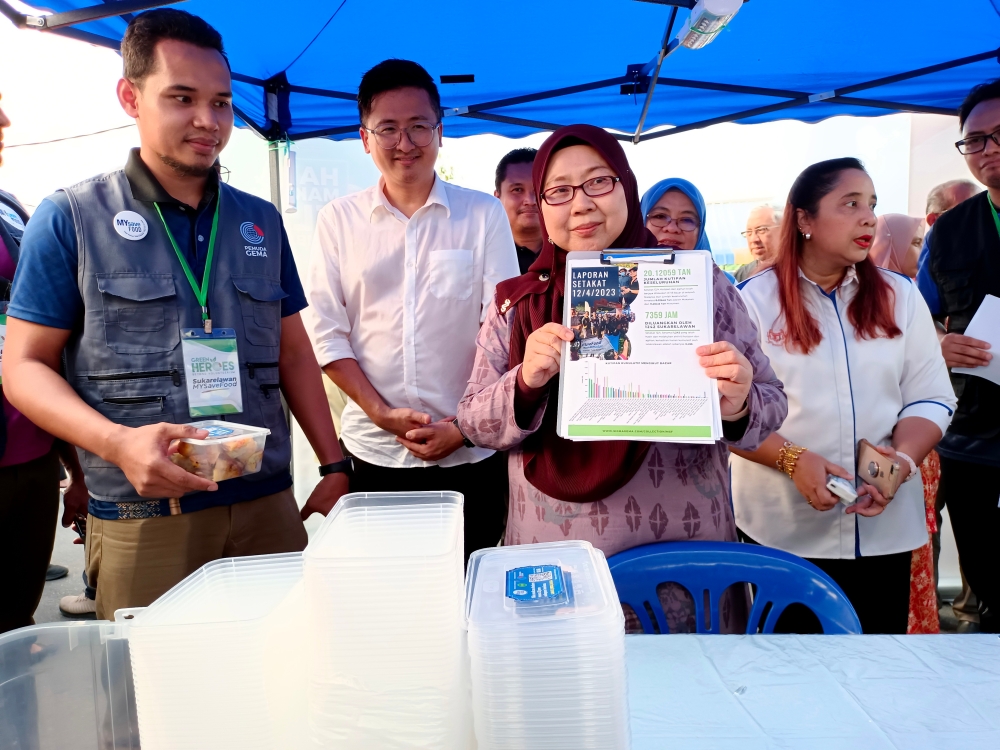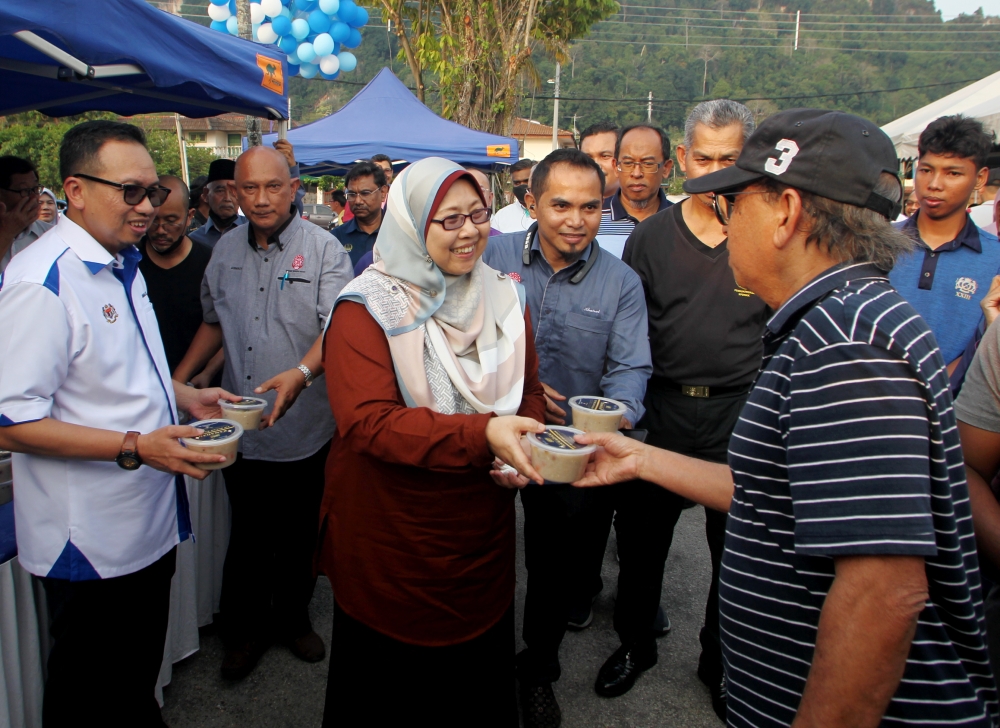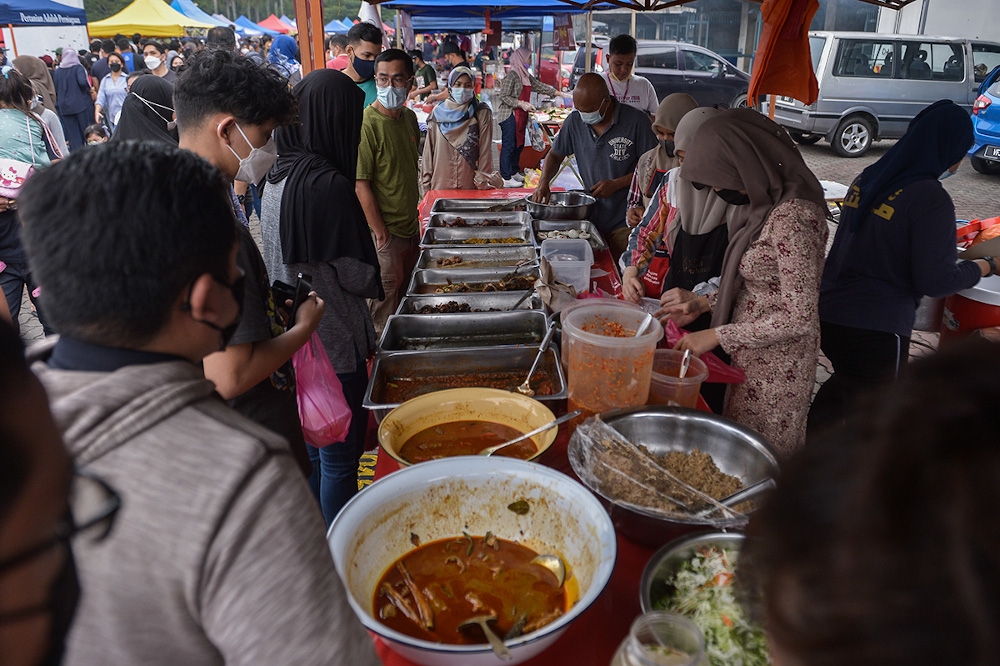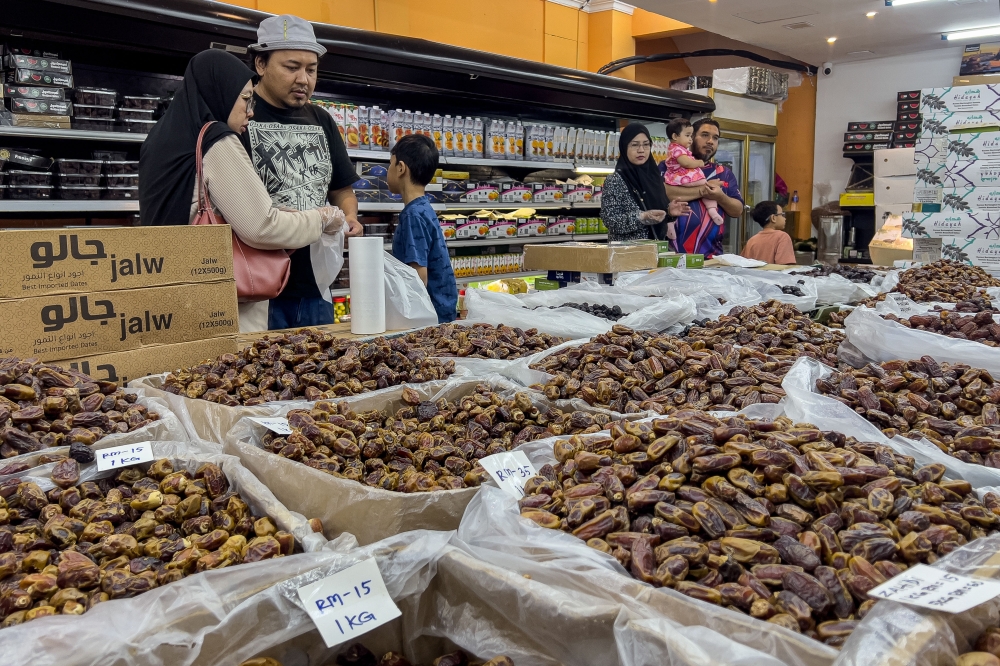KUALA LUMPUR, April 16 — During Ramadan, the “azan” or call to prayer at dusk during the Maghrib time indicates the time for Muslims to break their day-long fast.
But for one youth group, clad in neon green vests and tote bags, it was time for them to get to work.
Part of a nationwide programme called Malaysia Save Food Programme (MySaveFood), the group called Gema Youth Organisation Malaysia would collect unsold items in Ramadan bazaars every Maghrib — ready to redistribute various types of excess food and drinks to the less fortunate including the homeless, low-income families, low-cost flats and mosques.
“Since we have been doing this for three years straight, the traders already expected us and it made the process a lot easier,” said Adamsyam Daniel Syamsyawal, who heads the collection team for the Kampung Baru bazaar here.
“The traders already know that we are coming so they put their unsold items, nicely packed, on a table, so we can just say thank you and put the food or drink in our tote bags,” he said as he wiped off the sweat on his forehead.
When Malay Mail caught up with them last week, the team made of 15 to 20 Gema volunteers were converging at Restoran Rose, an Indonesian diner which was more than happy to allow them to use it as a temporary headquarters.
At the restaurant situated in Jalan Raja Alang right alongside the bazaar, the volunteers broke their fast with murtabak and satay before they lined up listening to a briefing with specific instructions on who would take which job that particular evening.
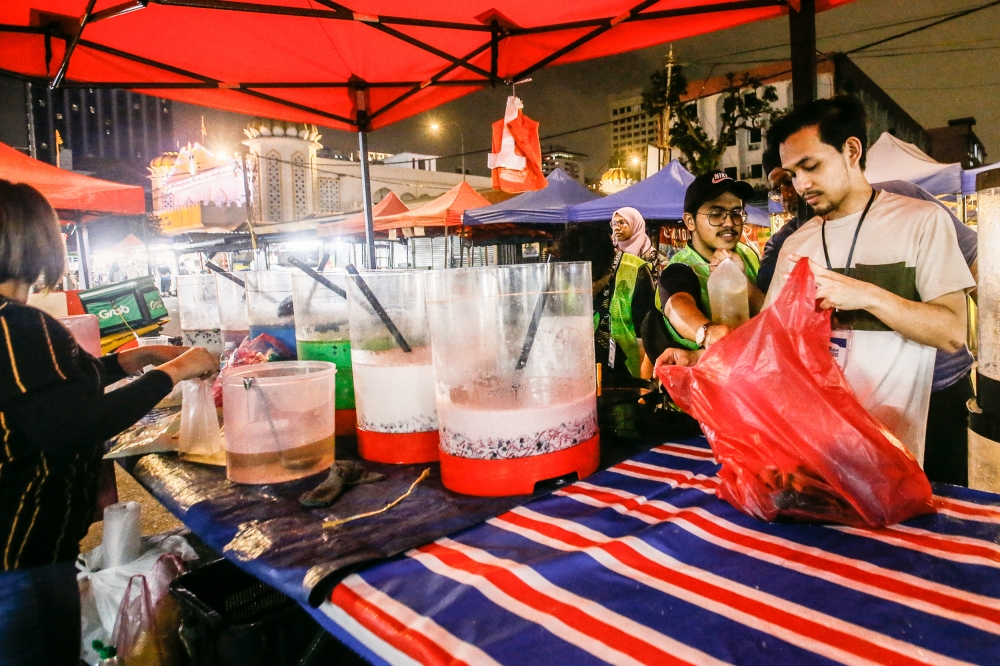
Right away, they divided themselves into five smaller groups: Three would march their way through the bazaar, while the remaining two would stay at Restoran Rose to weigh their collection that evening to be recorded in Gema’s database.
Adamsyam told Malay Mail that the volunteers are given safety tips and how to politely ask the traders to donate their unsold food or drinks.
Why are ‘kuih’ usually unsold?
Gema’s data as of April 13 showed that it has collected a staggering 121 tonnes worth of excess food and drinks from Ramadan bazaars over 8,154 manhours from 1,334 volunteers nationwide.
The most common items wasted? Gema’s data said kuih-muih made up the bulk at over 3 tonnes collected since the first day of Ramadan.
Kuih-muih is plural for kuih, a Malay word to describe bite-size snacks or desserts that can be both sweet and savoury.
Malays usually break their fast with dates first, followed by kuih, before moving on to heavier dishes like rice. Kuih is also consumed during moreh, a late-night supper after performing the tarawih prayer that is part of the Ramadan ritual.
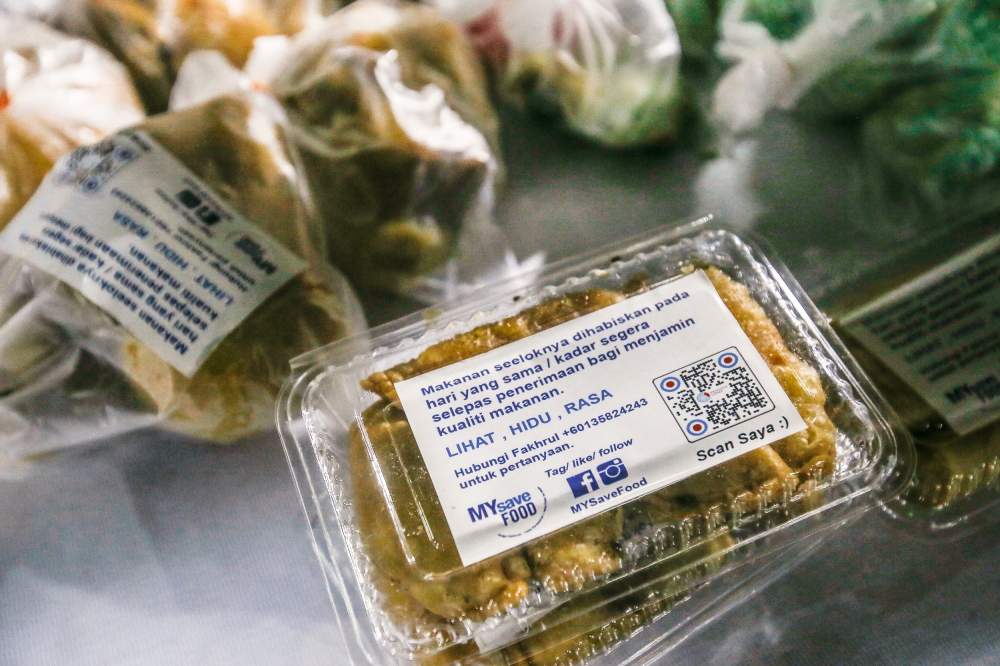
Kuala Lumpur Gema chief secretary Diana Natasha Mohd Johan told Malay Mail the main reason why kuih is the most wasted is that they usually come ready-made and packed, making it a less-preferred choice among customers.
“This is unlike murtabak, roti john or even fried rice, where traders would serve customers while the food is still hot.
“And sometimes kuih are packed for a price like ‘three for RM5’ making the customers feel obligated to buy the whole package instead of having the luxury to pick and choose the type of kuih that they want,” she said, relating her observations during the programme.
Diana also said that customers usually opt for one main dish like chicken rice, biryani or fried noodles rather than several side dishes because they want to avoid overspending at Ramadan bazaars.
That evening during Malay Mail’s visit, Adamsyam’s team managed to collect 119kg worth of excess food and drinks. He jokingly said that it was “a good day for the traders”.
Additionally, the collection from Kampung Baru’s bazaar also has surpassed every other bazaar in the country. After just eight days, Gema said it recorded 1,762kg worth of excess food and drinks here, closely followed by Jalan BBN 1/7A bazaar in Bandar Baru Nilai, Negeri Sembilan (1,263kg), and Saujana Utama bazaar in Sungai Buloh (1,177kg).
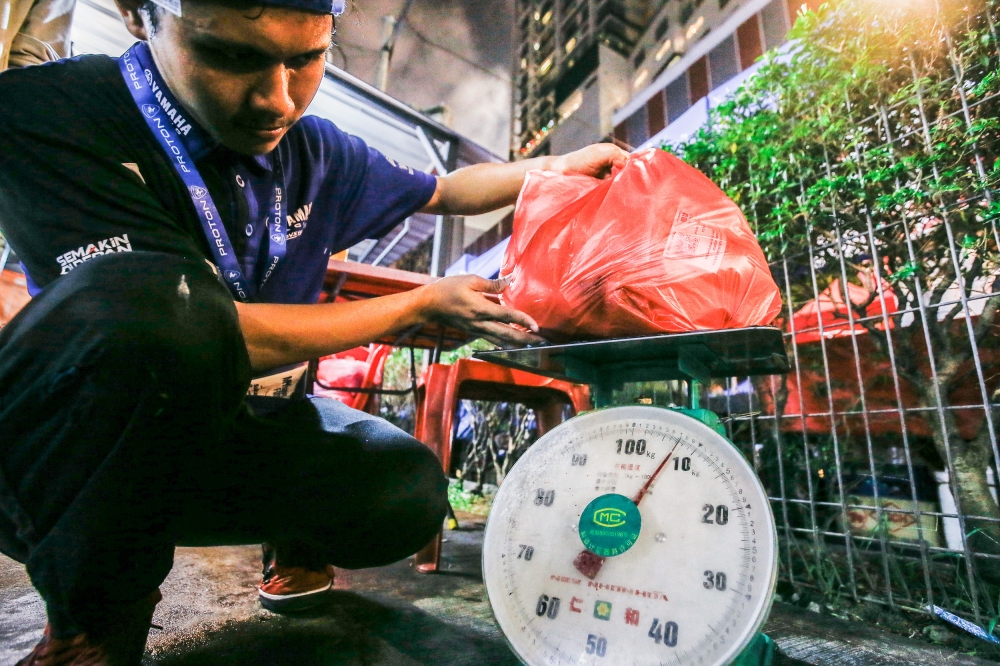
Bringing smiles to those who can't afford bazaars
Before the collection could be redistributed, volunteers would first evaluate the items and put “safe-to-consume” stickers on them if they pass the review — which consisted of them smelling and scrutinising the food before repackaging them.
Umi Kelathun Abdul Ghani, a member of MySaveFood’s central leadership, told Malay Mail that the stickers are important in ensuring that the recipients would not get food poisoning.
“The stickers have guidelines and tell the consumers to ‘see, smell, and taste’ before they eat. The stickers also instruct the consumers to eat the food within two hours of receiving it. We do this to avoid any risk of food poisoning,” she said.
Malay Mail joined their journey to the Sri Perlis low-cost public housing at Kampung Datuk Keramat, around 3km away — where at 9pm a long table had already been laid out to receive the donated items.
Children of primary school age ran and spread the word across the five blocks of the housing area, alerting the whole neighbourhood that the food and drinks brought by the volunteers had arrived.
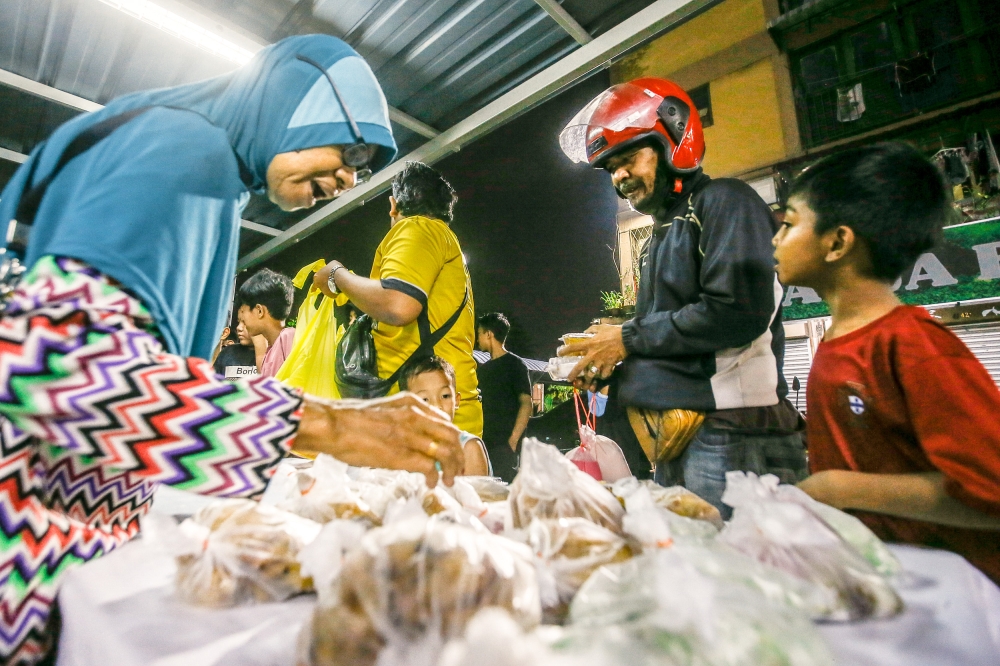
Committee member Nora’ain Mat Rodzi said she would also take photos of the food and drinks and share them in the housing area’s WhatsApp group.
“We will also spread the word to every block that the food has arrived and they can come down and take it themselves. Sometimes their kids will pick it up for them,” she said, smiling as she monitored the children carefully choosing their food.
After an hour, all the items had been snapped up.
Sri Perlis public housing neighbourhood committee chairman, Latiff Abu Hassan, said that the residents are very grateful for the programme as it has helped fill the stomachs of some of the low-income families there.
“It’s not that they cannot afford to have meals at their home, it’s just that some of the residents cannot afford to go to Ramadan bazaars because the price is not very affordable for them.
“That’s why I think this programme has benefited us and the residents here are always excited when Ramadan arrives and part of it was because of this programme,” he told Malay Mail.
Reaching sustainability by reducing waste
When contacted by Malay Mail, Gema Youth president Nasim Ralim said the programme is aligned with the country’s aspiration to uphold the sustainable development goals (SDG). One of them is to reduce half of the global food waste by the end of 2030 as the data will help to measure the status from time to time.
“We also hope people realise that it is an alarming figure for all of us to be more conscious not only of our food intake but the excess food we waste daily.
“In global statistics, we are among the top countries for food waste per capita. We need to spread awareness of this issue and couple it with the food security that everyone talked about,” he said.
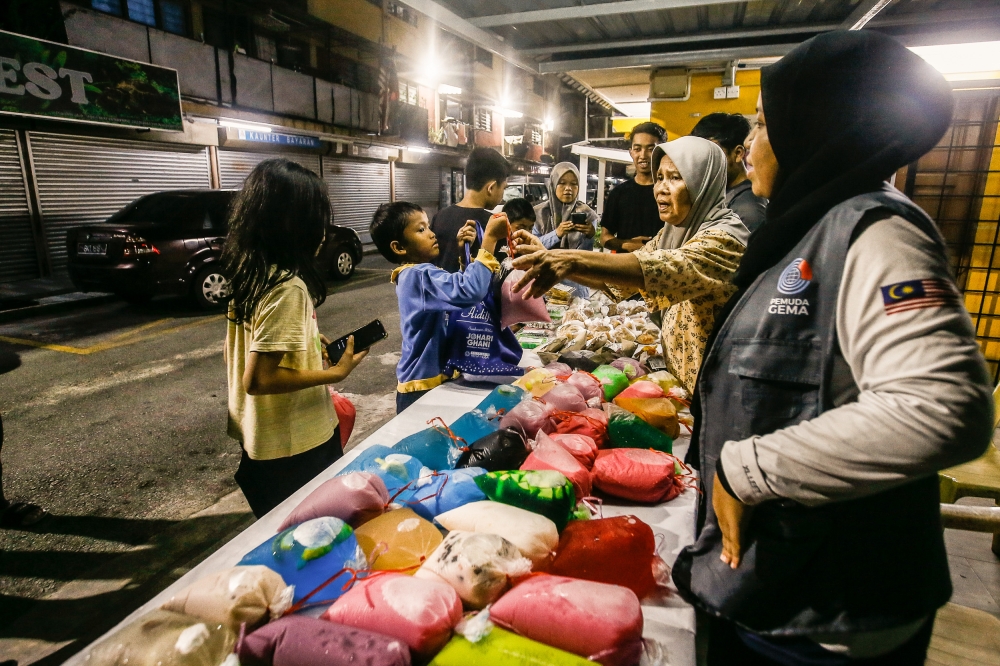
In 2016, the Malaysia Save Food Program (MySaveFood) was launched by Datuk Seri Ahmad Zahid Hamidi — who was also a deputy prime minister then — in conjunction with the opening of the United Nations Food and Agriculture Organisation’s (FAO) Asian-Pacific Regional Conference.
This program was part of the SaveFodd initiative by FAO to deal with the problem of food loss and waste around the world that affect the food supply, the environment and the country’s economic resources.
MySaveFood falls under the jurisdiction of the Malaysian Agricultural Research and Development Institute (Mardi), and has been managed by Gema since 2016 when its Ramadan project was started as a brainchild of member Mohamad Rahimi Adnan.
This comes as Deputy Local Government Development Minister Akmal Nasrullah Mohd Nasir said last week that 252,521 tonnes of solid waste were collected during Ramadan last year compared to just 208,143 tonnes in 2019.
Deputy Domestic Trade and Cost of Living Minister Fuziah Salleh also said that the MySaveFood initiative would be expanded to cover night markets as well after Ramadan ends.

